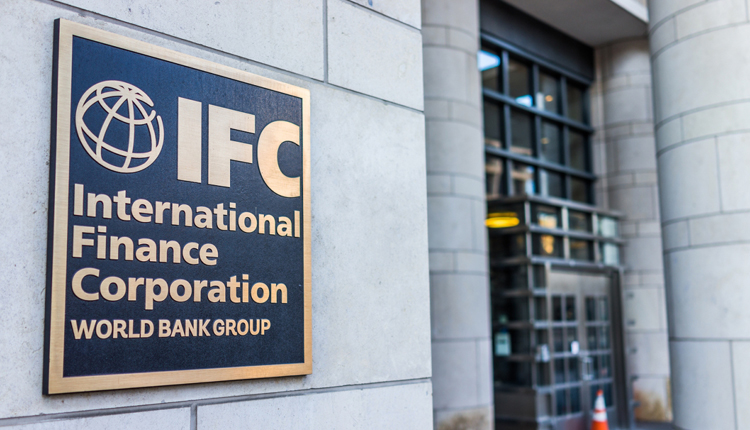The World Bank’s International Finance Corporation (IFC) said it has committed $1.2 billion in Egypt during the 2017/2018 financial year, helping to create jobs, improve local infrastructure, and boost economic growth.
“That figure, which includes funds mobilised from other investors, represents a record for IFC in Egypt.” IFC said in a statement on Wednesday.
During the financial year, which ended June 30, IFC supported several pioneering projects across the country. Those included a landmark investment of $653 in the Benban solar park. Located near Aswan, it will be the world’s largest solar array once completed, providing eco-friendly electricity to 350,000 people in upper Egypt. The project was part of a larger IFC effort to support the development of Egypt’s private sector.
“A vibrant private sector is the key to creating jobs and spurring economic growth in Egypt,” said Walid Labadi, IFC Country Manager for Egypt, Libya, and Yemen.
“Our investments have been geared towards addressing the challenges facing the private sector—like power shortages, burdensome regulations, gender inequality, and difficulty in accessing financing. By tackling those issues, we can help lay the foundation for long-term growth and prosperity.”
During the year, IFC issued its first local-currency loan in the country—providing the equivalent of $15 million in Egyptian pounds for a polymer and construction related company. The loan was designed to support the country’s crucial building sector, which employs 12 percent of Egyptian workers. Local-currency financing is considered important for sectors that underpin development: infrastructure, housing, and smaller businesses.
IFC extended an Islamic financing package of $75 million to Almarai—a regional dairy and juice producer with operations in Egypt—to enhance food safety and create jobs along the agricultural supply chain. IFC also provided and mobilized $135 million in debt financing to Africa’s leading producer of fertilizers, the Egyptian Fertilizers Company, to help create skilled jobs, stimulate foreign investment in Egypt’s manufacturing sector, and support small-hold farmers.
To expand access to finance for small businesses and support financial inclusion, IFC invested $100 million in a leading Egyptian private bank, Commercial International Bank. The financing helped the bank scale-up its lending to clients, helping to preserve and create jobs.
IFC also worked with the government to ease burdensome regulations and create a business-friendly environment. For example, the new Industrial Licenses Law, which IFC advised on, has reduced the time needed to obtain an industrial license from 635 days to 30 days.
IFC also advised the government on reforming secured transactions and creating a movable collateral registry, two indicatives that have made it easier for small business to access crucial capital.
IFC has been a long-term supporter of Egypt’s private sector. In the last 12 years IFC has invested $4 billion in Egypt.
